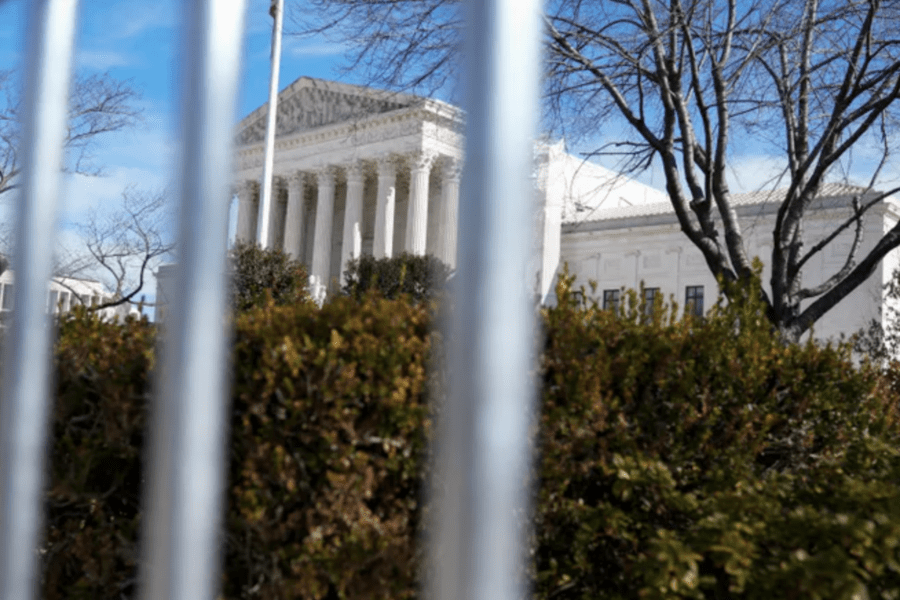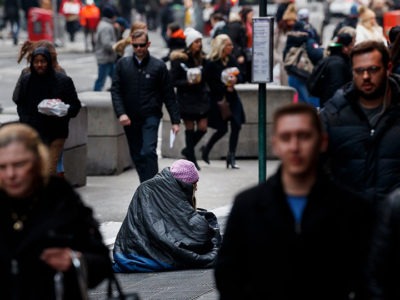
Monday, the Supreme Court began to weigh in on Grants Pass v. Johnson, a case that revolves around the legality of a city issuing fines or arresting individuals for sleeping in public when they have no adequate access to shelter. The 9th Circuit Court of Appeals ruled that this kind of criminal punishment for people is unconstitutional.
Gloria Johnson, the defendant in this case, has a familiar story. A 68-year-old retired nurse, Johnson had no other option but to sleep in her car due to a lack of affordable housing or adequate shelter space. In response, the city of Grants Pass, Oregon, issued Johnson tickets. Unsurprisingly, this did not help her move any closer to stable housing. In fact, with criminal charges hanging over their heads, people like Johnson are less likely to overcome the burden of homelessness.
Punitive measures like these are a symptom of a broken system that is often perpetuated by local and state governments nationwide. Instead of focusing on the root causes of homelessness, which are systemic challenges that require a collective and integrated approach, they become overly reliant on enforcement measures.
By penalizing individuals who are already marginalized we further entrench them in a cycle of hopelessness. There is a better way.




